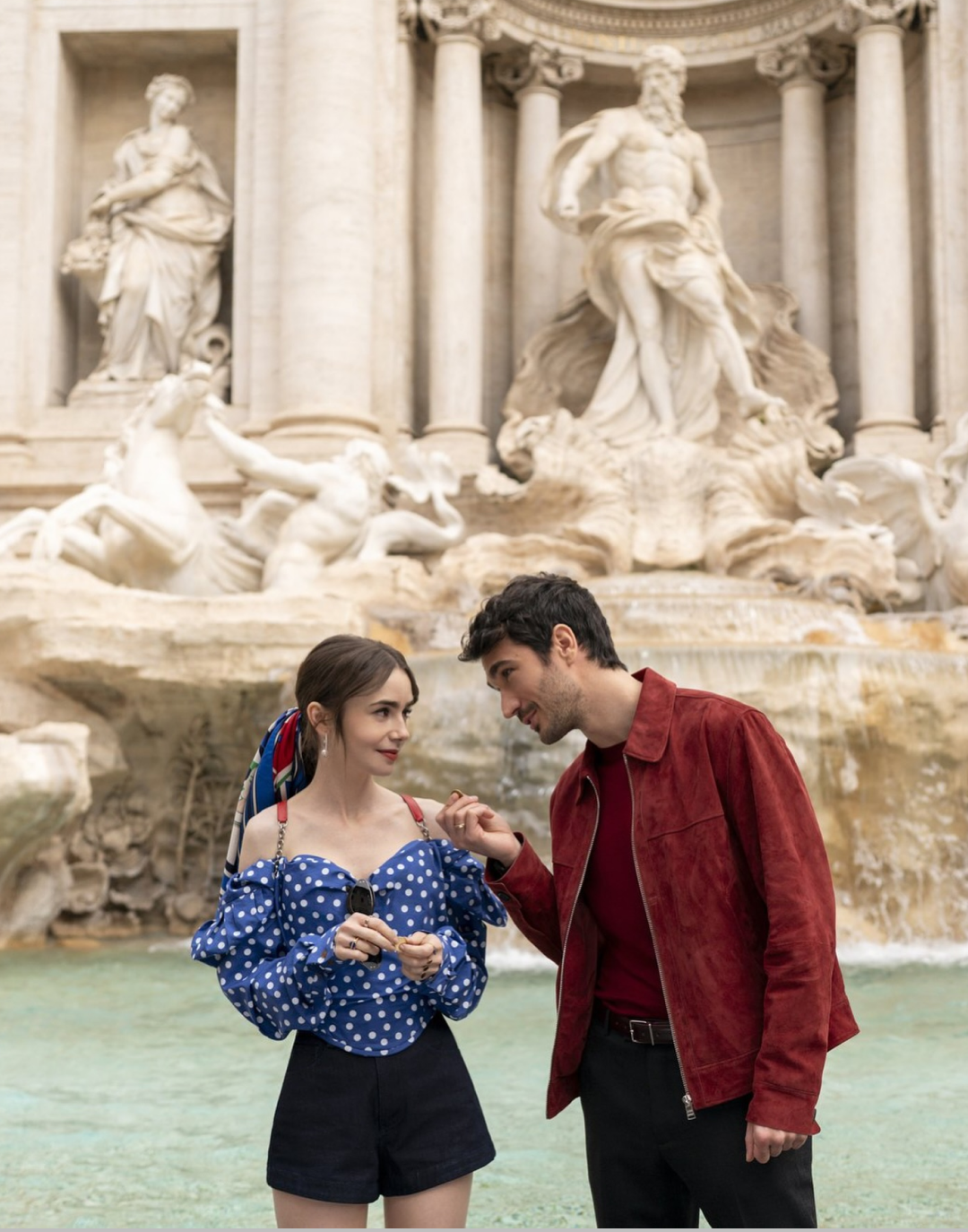
Luxury tourism is becoming more and more equal to fashion Social media, product and service integration, and stellar partnerships
Now that the core business of fashion, namely the sales of clothing and accessories, seems to be in crisis, the entire luxury industry is turning towards the world of hospitality. After the pandemic, in fact, the sector has seen unprecedented growth, especially in the luxury travel segment which offers an almost total integration between tourism, shopping, dining and in some cases even beauty, as in the case of Dior spas scattered in the best hotels between Paris and Dubai. But the most interesting data, emerged from a recent industry study by Karla Otto and Lefty, is that the luxury industry is increasingly adopting fashion strategies, with identical targets, identical ambassadors, identical goals. According to Technavio, the luxury travel market is expected to grow up to $703.14 billion by 2027. This growth reflects a change in consumer behavior, with experiences now considered more important than material goods. A GWI survey reveals that 57% of high-income travelers, who are also the new targets of luxury marketing, prefer to spend on experiences rather than products. The same survey shows that 76.3% of billionaire travelers love beach and resort vacations, while 36.5% prefer cruises. Additionally, 41.9% have a strong interest in fashion and 54% are passionate about arts and culture. High net-worth travelers are 48.4% more likely to seek once-in-a-lifetime experiences and 44% more inclined to visit places for their cuisine. Moreover, they are 77% more likely to engage with beauty and makeup tutorials online. In short, much like in The White Lotus, their perhaps somewhat predictable activities (going to the spa, frequenting boutiques, seeking restaurants and resorts) offer all opportunities to luxury brands that have diversified their activities.
@whoismerty The White Lotus, Sicily #sicily #sicilia #whitelotus #italy #italiansummer #whitelotushbo hbo white lotus opening - ʚїɞ ryan ʚїɞ
But this race to physical experience, ironically, cannot do without social media and the internet, an indispensable connective tissue of the luxury business. The digital landscape has become crucial in driving consumer desire for luxury travel and brand-signed residences, especially in billionaire enclaves like Dubai, Miami, or Marbella. Social media, in particular, has amplified the appeal of a type of travel where the concept of lifestyle is central. Data from Lefty indicate that key hospitality sectors, such as hotels, airlines, boats, and trains, have seen a significant increase in social media visibility. The visibility of the luxury hotel industry, for example, increased by 50% from 2022 to 2023 and continues to grow. In the first half of 2024, the industry reached 64% of its 2023 visibility in just six months. Similarly, airlines saw a 71% increase, cruises grew by 119%, and trains by 36%. In terms of visibility, the total market generated $799 million in EMV, with hotels contributing $412 million. Among the leading hotel brands, the Kerzner Group led with $64 million in EMV, followed by Belmond with $48 million, Four Seasons with $29 million, Fairmont with $25 million, Dorchester with $23 million, and Bulgari Hotels with $22.1 million.
.@Dior Beauty unveils Dior Spa The Lana, its new Spa at the pinnacle of The Lana Hotel in Dubai, providing an atmosphere of wellbeing with unrivaled luxury.
— LVMH (@LVMH) May 3, 2024
Learn More: https://t.co/E4q2w2DI8z#LVMH #DiorBeauty pic.twitter.com/zVKxhVxuy6
The shift from physical property to experiences has led to a boom in collaborations between various sectors. Fashion and jewelry brands are eager to take advantage of the broad appeal of the hospitality market, as this market represents the perfect showcase for paying customers to experience the world that the great centralized luxury of groups like LVMH and Kering can build around customers. Of course, these are magnificent funnels into which one slides to fall into the arms of retail. In the past two years, there has been a notable increase in branded pop-ups in key luxury travel locations, hotel acquisitions, hospitality collaborations, and influencer partnerships. Perhaps somewhat strikingly, LVMH has entered the luxury train and hotel business with the new integrated Orient-Express experience and the partnership with Accor, but also Versace has opened one of its ultra-luxury hotels in Macau while an increasing number of brands have discovered themselves as property developers and have begun signing ultra-luxury condominiums that never lack a boutique area.
Just like in the fashion world, celebrity collaborations have proven to be very effective in the hospitality sector. In 2023, 54% of the EMV generated by the industry came from celebrity profiles. The most successful strategy was that of Bulgari Hotels, whose collaboration with Zendaya generated $7.3 million in EMV. In the luxury train industry, travel influencers played a crucial role, with Nael Abu Alteen generating $1.38 million in EMV for the Glacier Express. In the airline sector, corporate profiles, particularly those linked to sports sponsors, generated significant media value as in the case of the partnership between Real Madrid and Emirates, which produced $69 million in EMV from 70 posts. Content creators also had a significant impact in the luxury boating industry, generating 43% of the sector's visibility in 2023. Explora Journeys led the sector, with Emelie Natascha generating $223,000 in EMV from three posts. The most visible profiles in terms of average EMV per post were media profiles, highlighting the potential of collaborations in the cruise sector as consumer demand for luxury travel continues to grow.














































